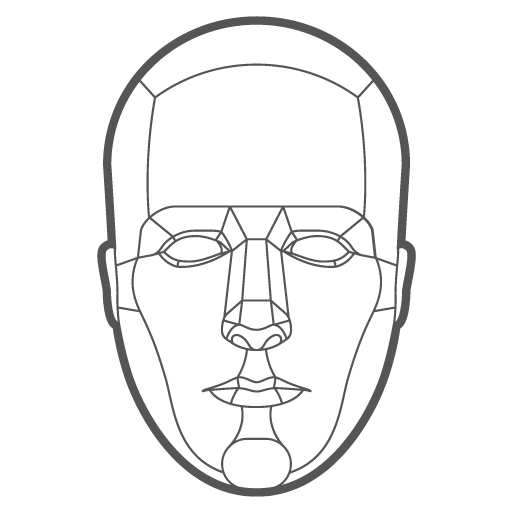An idea can be a premise or a conclusion. A premise is an idea that supports a conclusion. A conclusion is an idea that is derived from premises. To validate a conclusion we must identify and validate the premises. How do we validate a premise? By identifying the premises that support that premise. Here we can see a potential problem. Either (1) each premise will have its own premise going down a chain of premises forever, or (2) eventually we will find a stopping point. That stopping point would be an irreducible premise that can stand alone. If option (1) is true, then knowledge would not be possible. If option (2) is true then knowledge is possible only if we find irreducible premises that can stand alone. I believe that knowledge is possible because irreducible premises do exist. I am going to call these premises "Axioms". An axiom is a foundational premise that is self evident. An axiom is self evident if when one attempts to reject it, must assume it first. An example of a self-evident axiom is the idea that "existence exists". This is self-evident because if a person tries to reject it, he/she must first presume his/her own existence.
Axioms cannot be proven. The concept of proof is not irreducible. "Proof" relies on axioms. For example, the concept of "proof" first assumes that existence exists and that it exists independent of consciousness. The concept of proof is meaningless without the concept of reality/existence. Even though Axioms cannot be proven, they can be validated. Validation is a larger concept than proof. Axioms are validated if they are self-evident.
In the next few posts I will lay out the most fundament Axioms of knowledge and science.
